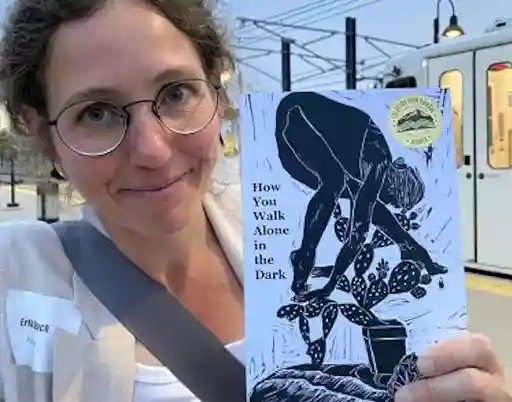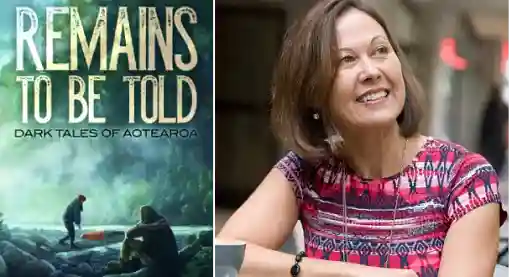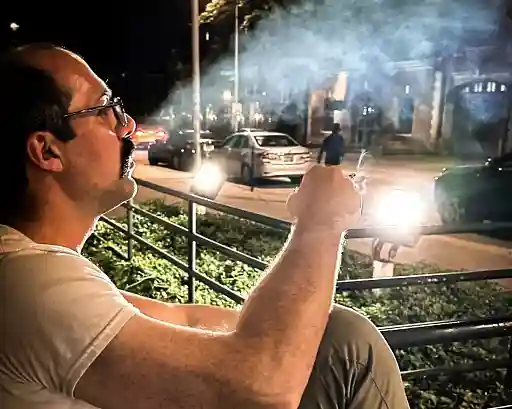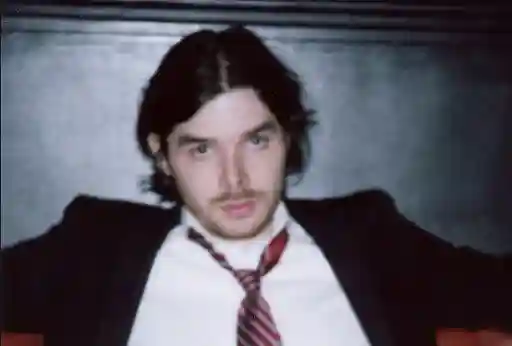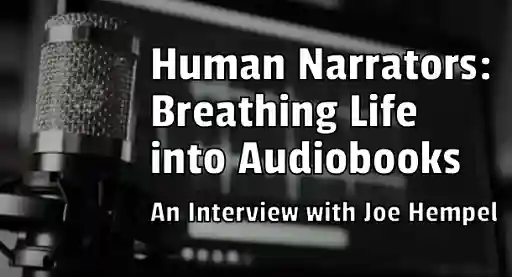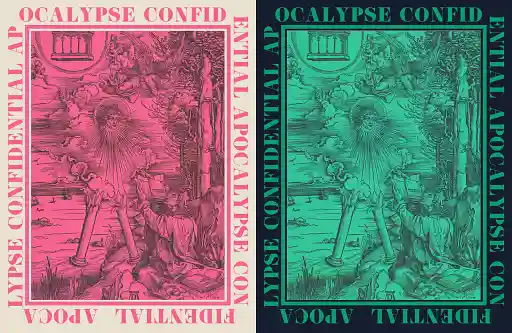Last year we brought on Johnny Shaw to teach a class covering the hardest part of the writing process: Rewriting.
Since then, Johnny has gone on to win a lot of love in the literary world with Blood & Tacos, and most recently won an Anthony Award for his novel Big Maria. Now he's back with his class, The Next Draft, which his last batch of students had a lot of praise for. So we wanted to share the interview we ran with him last year.
What was the first story you ever wrote, and what happened to it?
While I may have written some stuff younger, I really got interested in writing in college. As soon as I tried screenwriting, I was hooked. The first screenplay I wrote was a short film based on an urban legend where a guy tries to kill a cockroach in his house. It was all sight gags and mayhem.
Ten years ago, it got dusted off, reworked, and filmed as a no-budget short film by some pals of mine.
When you sold your first piece of writing, how did you celebrate?
I got paid twenty-five dollars for writing the line, “Guess Where I’m Pierced” for a company that made novelty pins. I celebrated by buying a carton of cigarettes.
When I sold my first screenplay, I called everyone I knew and told them that if they showed up to La Cabana, a Mexican restaurant in LA, that dinner and drinks were on me. It was a solid blowout
Now, I listen to the champagne pop in my head and I get right back to work.
Tell us about your process: Pen, paper, word processor, human blood when the moon is full... how do you write?
While I still write a lot of my first drafts longhand, I find with each project I’m writing [I type it] more and more into the computer. It’s both a time thing and an increasing comfort with the computer. But I’ll always do some work on a legal pad. I really like the tactile quality of writing on paper, where I can write in the margins, draw pictures, use asterisks and arrows to connect ideas, etc.
What's the biggest mistake you've made as a writer?
That is a great question. Seriously, I really thought about this one.
The biggest mistakes (plural) that I have made as a writer are the times when I wrote work that I didn’t like—when I was writing for someone else as the audience. I’m not just talking work-for-hire stuff, which I still do, but writing work that I would hate. I can spend all day writing jokes that make my mom laugh, but that I don’t find funny. But to me, that’s dishonest, second-guessing, and kind of lame. I am both the writer and reader of my work and I’ve grown to trust my voice and do everything I can to maintain its integrity. Because ultimately it’s my voice that makes my writing mine, love it or hate it.
What kind of catharsis did you achieve from your latest work?
While my first novel, Dove Season, was incredibly personal and set where I grew up, ostensibly in the house that I grew up in, my personal and emotional connection to Big Maria exists much more on the thematic level. It’s about being poor, ignored, and marginalized.
The story is a lot about the pain of aspiration. I know what it’s like to want more and to constantly be shoved back down. And each time, it’s that much harder to get back up. But if you have the passion, you get back up and you hold on to whatever shreds of optimism you have. It doesn’t mean it’s easy. Hope is what keeps us moving forward, but hope is painful. Every writer should understand that.
Which fictional character would you most like to have a drink with, and why?
It’s a tie between James Sallis’ Lew Griffin and James Crumley’s C.W. Sughrue. Maybe it would work better as a poker game. If that’s the case, invite Hoke Moseley over.
Both Lew Griffin and C.W. Sughrue are literate tough guys that could drink me under the table (which isn’t hard to do). But how often do you get the chance to learn the subtleties of Queneau while you’re murdering your liver? Smart, funny, and comfortable in a bar. What more could you ask for?
Where do you buy your books?
Everywhere. I buy almost all my crime novels from Murder By The Book in Portland, Oregon. But with Powell’s near me, I go there, as well. I buy eBooks from Amazon when they’re not available in print. And as I still operate a used bookstore, I frequent a couple of big book sales that keep me stocked in vintage paperbacks and out-of-print titles.
How do you handle a bad review of your work?
Thanks, Keith. I didn’t know I got bad reviews until now. I thought they all were good.
I don’t usually read reviews. However, if I’m tempted to take a glance, it’s the bad ones that I really enjoy. I find them more entertaining and they do less damage in my mind. At best, they can even spark a little fire in a writer.
Good reviews are the ones that you have to ignore. While bad reviews might chip at a younger writer’s confidence, I’ve been writing for twenty years, I’ve got armor made from experience and apathy that keeps me safe. The good reviews are dangerous because they put unnecessary pressure on a writer.
For the most part, I write for the process. Once the book is out, I’m so deep into the next one that I can’t care.
What's the worst advice you hear authors give writers?
Most of it. Anytime someone tries to convince a writer, particularly a new writer, that there are “rules,” that person should be ignored. The idea that writing has absolutes like that is just an admission of a lack of imagination. Sure, there are things that are delicate to pull off, that may require a more experienced hand, but if some kid thinks that he can’t use adverbs just because someone arbitrarily decided a whole part of speech was bad, then the person who gave that advice should be ashamed.
In life and in writing, mistakes are a more important lesson that any arbitrary rules. If you want to progress, embrace the fact that some of what you write is going to suck. That’s a good thing. Because if you think everything you write is great—I hate to break it to you—you’re deluded.
Which is more difficult for you, the first or second draft, and how is your process different between the two?
I hate to get too unicorns and rainbows on you, but for me, the first draft is all heart. It’s about the three zen principles: relax, work, don’t think. Just get the story on paper. Don’t overthink it, write whatever comes out, and see where it takes you. It’s not about good and bad or right and wrong. If you think too much, you can start to self-censor, and that’s a bad route.
When I write the first draft, I don’t rewrite as I go. I’m all about forward progress. I make notes of changes I need to make, but I don’t make them until I’m finished. That’s why no one can read my first drafts. They would look like the work of a schizophrenic. Characters would disappear or be combined. Male characters would become female all of a sudden.
The second draft is where the real writing happens. A balance between art and craft. If the first draft is written with the heart, the second draft is a combination of heart and brain. The brain turns on and sees the story that the heart wrote and uses craft to figure out how to communicate that story more clearly. The brain adds structure, clarity, pacing, and style.
And the subsequent drafts (because if you think you can finish in two drafts, you’re either a really experienced writer or you’re satisfied too easily) continue to favor the brain and insure that every aspect of the writing is deliberate.
It can’t be done in the opposite direction. You can’t craft a tight story and then try to insert the heart into it. You have to start with whatever it is that drove you to write that story. The reason it exists. That has to be in the first draft. The work that follows is about communicating whatever that is. The good thing is that a lot of those tools can be learned. They are the craft.
For me, good writing is deliberate and ambitious. Try to do something new when you sit down to write. And after all the rewrites, when you're finally ready to show someone the work, make sure that every word is there on purpose. A lot of happy accidents occur while writing, but deciding to leave them in is always conscious.
Interested in learning about The Next Draft? Click here.
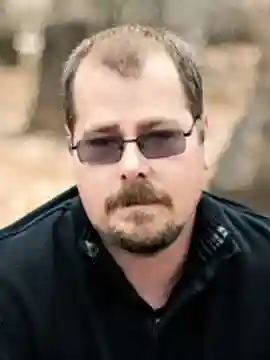
About the author
Keith Rawson is a little-known pulp writer whose short fiction, poetry, essays, reviews, and interviews have been widely published both online and in print. He is the author of the short story collection The Chaos We Know (SnubNose Press)and Co-Editor of the anthology Crime Factory: The First Shift. He lives in Southern Arizona with his wife and daughter.
